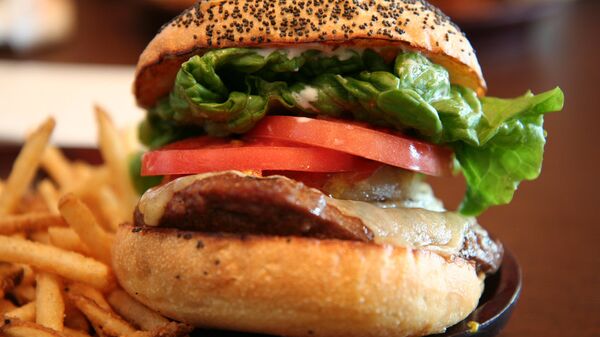Lettuce is shown to be "over three times worse in greenhouse gas emissions than eating bacon," research finds. In the process of the study, scientists analyzed the influence per calorie of different foods in terms of energy cost, water use and emissions.
The research recently published in the Environment Systems and Decisions journal contradicts a widely-accepted call to stop eating meat to counter climate change.
Humans do more harm to the environment by eating only vegetables, experts said, after examining the growing, processing, transportation, storage, and sales of various foods.
Study co-author and CMU professor Paul Fischbeck said: "Lots of common vegetables require more resources per calorie than you would think.
"Eggplant, celery and cucumbers look particularly bad when compared to pork or chicken," the professor said.
A report from Carnegie Mellon University in the U.S. says healthy diets are bad for the environment, as lettuce is “over…
Posted by Michael Davidson on Tuesday, December 15, 2015
When the study was launched, early results were surprising, according to Chatham House senior research fellow Anthony Froggatt, who was not involved in the research. In an interview with the Independent, the researcher said it is "true lettuce can be incredibly water intensive and energy intensive to produce."
"We usually look at proteins rather than calories, and as a general rule it is still the case that reducing meat consumption in favour of plant-based proteins can reduce emissions," Froggatt stated.
Michelle Tom, another co-author, called the relationship between diet and the environment "complex."
"What is good for us health-wise isn't always what's best for the environment," she said. "That's important for public officials to know and for them to be cognisant of these trade-offs as they develop or continue to develop dietary guidelines in the future."





